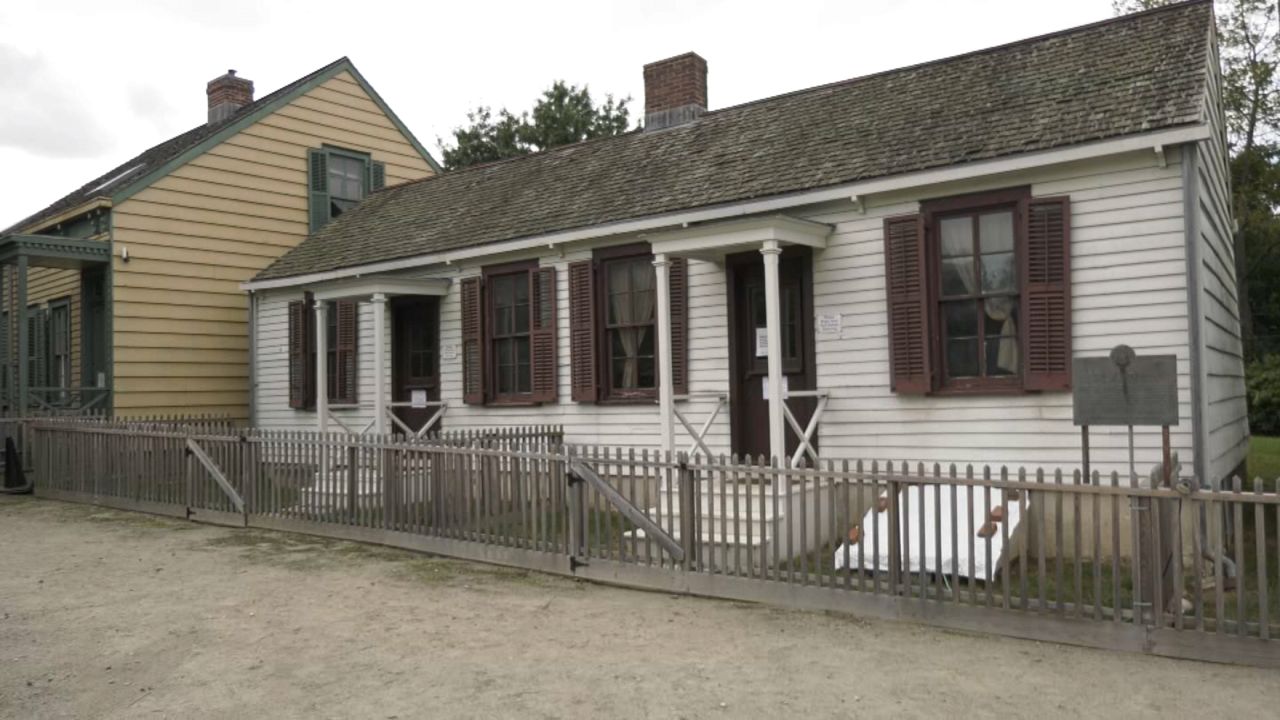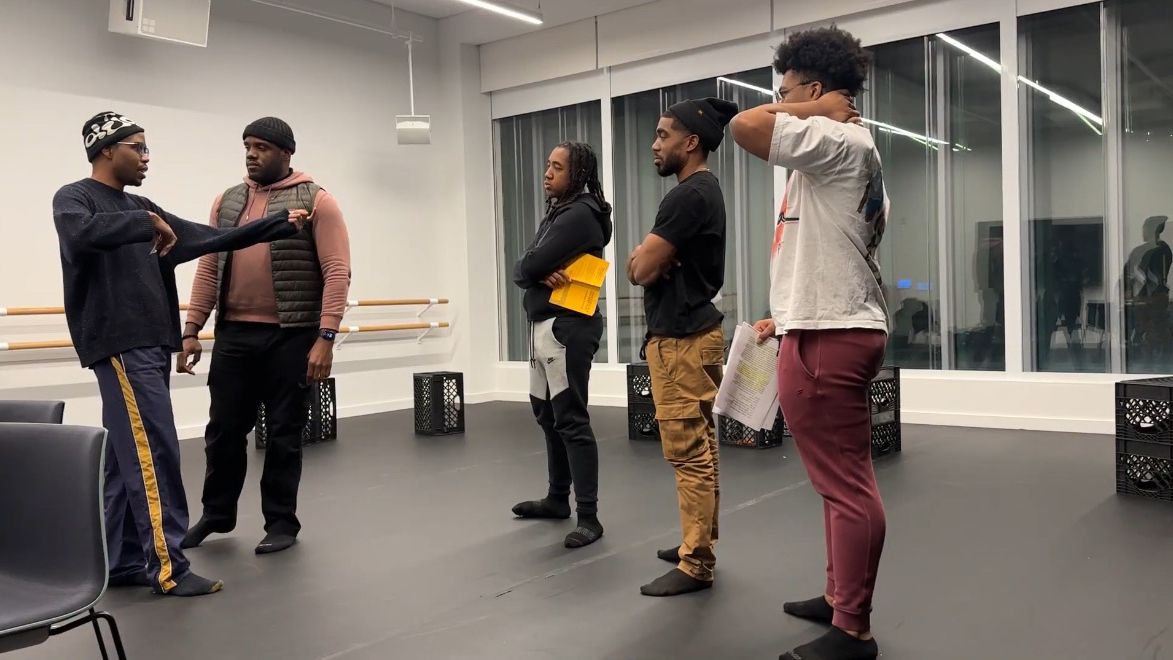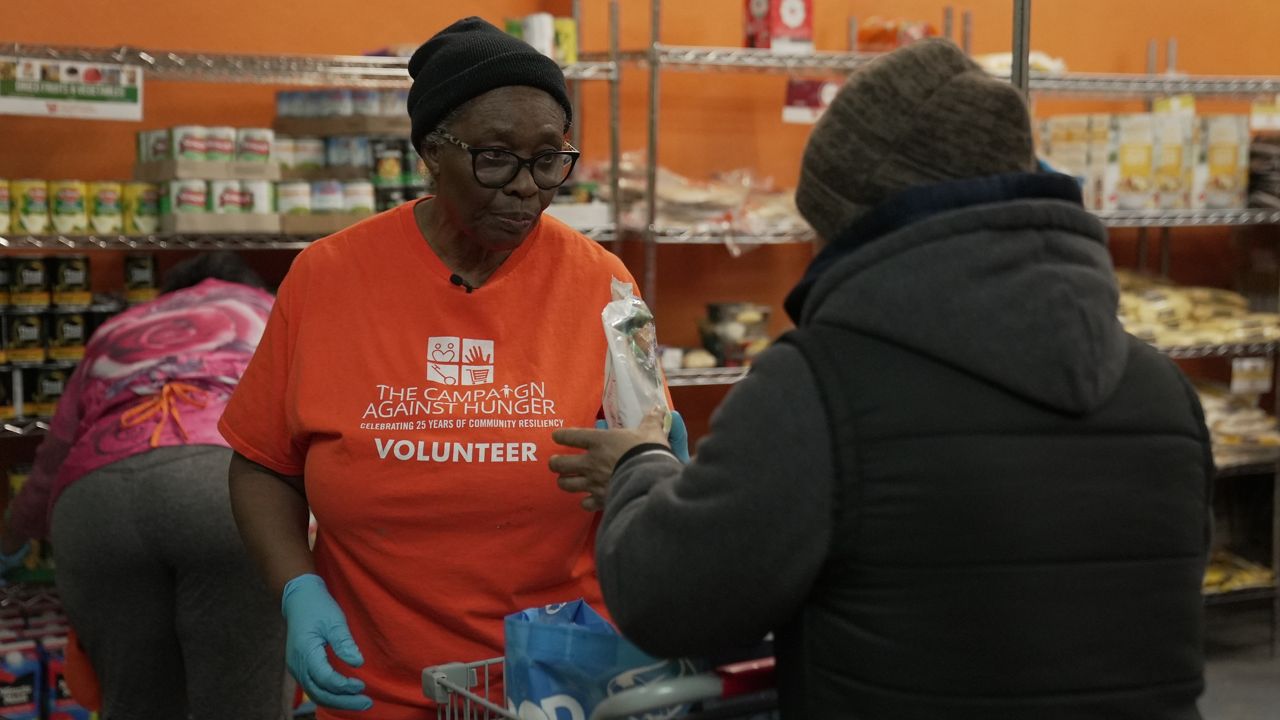South Asian Americans in New York City are continuing to take part in Diwali celebrations across the city.
Diwali, or the festival of lights, is the most important holiday for Hindus in the U.S., and around the world.
What You Need To Know
- Diwali, or the festival of lights, is the most important holiday for Hindus in the U.S. and around the world
- For this Diwali season, the South Asian community is being recognized in a big way, and it comes after years of fighting to have their voices heard
- Community organizer Aminta Kilawan-Narine, Bronx-born and Queens-raised, has been advocating for recognition of Diwali on school calendars for a decade
- She says she was bullied as a child because of her faith. To now be embraced on a state and city-level, she said it means the over 600,000 Hindu, Buddhist, Sikh and Jain New Yorkers are seen and included in the fabric of the city
For this Diwali season, the South Asian community is being recognized in a big way — and it comes after years of fighting to have their voices heard.
Aminta Kilawan-Narine, community organizer, was in the audience to watch Gov. Kathy Hochul, flanked by community leaders of South Asian descent, sign legislation Tuesday evening to officially declare Diwali a public school holiday in New York City.
She says this is a victory.
“I wanted to be there in person, to witness the signing of the bills, and to see history in the making,” said Kilawan-Narine, co-founder of Sadhana, a coalition of progressive Hindus.
Kilawan-Narine, Bronx-born and Queens-raised, is Indo-Caribbean, and her parents hail from Guyana. She’s been advocating for recognition of Diwali on school calendars for a decade.
“The child in me today is so proud and is really really grateful that there have been so many years of advocacy that have emerged as triumphant,” she said. “As a child growing up, I was bullied as a child because people didn’t understand my faith.”
She says her Hindu faith drives her action. To celebrate hope and light, good over evil, all themes of Diwali, and to be accepted by everyone.
“These are the types of moments, that provide validation, and provide upliftment of a community that honestly has historically been marginalized and underserved, but we’re emerging as a community, that is being identified as powerful, as a community that you can’t ignore,” she said.
To be embraced on the state and city-level, she says this means the more than 600,000 Hindu, Buddhist, Sikh and Jain New Yorkers are seen, which will serve the next generation of South Asian Americans.
“We need to continue to make sure that our traditions, and our cultures are not just tolerated, but respected, and included in the landscape and the fabric of New York City,” Kilawan-Narine said.








